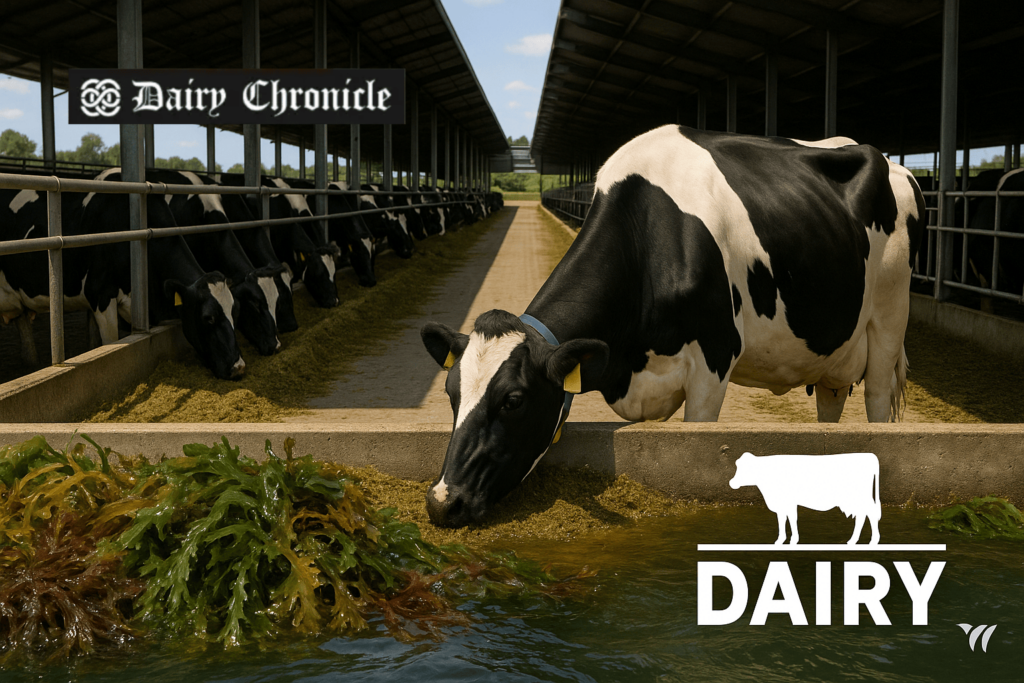In the United States and across Europe, researchers and dairy companies are working on reducing methane emissions from dairy cattle using innovative feed strategies. These methods could play a key role in meeting global climate goals.
Efforts to cut methane emissions from dairy farms are gaining momentum as researchers in the United States and several European countries pilot experimental cattle diets aimed at reducing greenhouse gas outputs. These efforts, backed by government climate policies and major dairy corporations, could redefine sustainability in the dairy industry.
Leading these developments are agricultural research centers and sustainability divisions of large dairy producers, including those in California, Wisconsin, and the Netherlands. They are experimenting with new feed formulations—such as those infused with red seaweed and high-fat supplements—that aim to lower the amount of methane expelled by cows during digestion, often through burps.
Methane from ruminants contributes significantly to global greenhouse gas levels, with dairy cattle accounting for more than half of all emissions from the dairy value chain. As climate policies tighten and consumer demand for sustainable products increases, the pressure is mounting on dairy farms to adapt.
Preliminary trials show promising results: methane emissions have dropped by up to 30% in some test herds, with no negative effect on milk yield or animal health. However, researchers caution that longer-term studies are needed to assess the impact on productivity, farm economics, and consumer perceptions—particularly concerning the use of feed additives.
If these innovative diets prove viable at scale, they may soon shift from experimental tools to industry standards, affecting everything from supply chain logistics to how dairy products are labeled for carbon content in stores.
As global leaders prepare for the next climate summit, the dairy industry’s approach to emissions could serve as a model—or a cautionary tale—for other sectors under environmental scrutiny.
